
Sir Patrick Michael Leigh Fermor was an English writer, scholar, soldier and polyglot. He played a prominent role in the Cretan resistance during the Second World War, and was widely seen as Britain's greatest living travel writer, on the basis of books such as A Time of Gifts (1977). A BBC journalist once termed him "a cross between Indiana Jones, James Bond and Graham Greene".

Johann Ludwig Tieck was a German poet, fiction writer, translator, and critic. He was one of the founding fathers of the Romantic movement in the late 18th and early 19th centuries.

George Henry Borrow was an English writer of novels and of travel based on personal experiences in Europe. His travels gave him a close affinity with the Romani people of Europe, who figure strongly in his work. His best-known books are The Bible in Spain and the novels Lavengro and The Romany Rye, set in his time with the English Romanichal (Gypsies).

Charles Burney was an English music historian, composer and musician. He was the father of the writers Frances Burney and Sarah Burney, of the explorer James Burney, and of Charles Burney, a classicist and book donor to the British Museum. He was a close friend and supporter of Joseph Haydn.
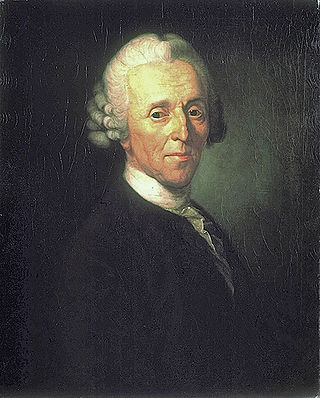
Christian Fürchtegott Gellert was a German poet, one of the forerunners of the golden age of German literature that was ushered in by Lessing.

William Taylor, often called William Taylor of Norwich, was a British essayist, scholar and polyglot. He is most notable as a supporter and translator of German romantic literature.

Bayard Taylor was an American poet, literary critic, translator, travel author, and diplomat. As a poet, he was very popular, with a crowd of more than 4,000 attending a poetry reading once, which was a record that stood for 85 years. His travelogues were popular in both the United States and Great Britain. He served in diplomatic posts in Russia and Prussia.

Thomas Coryat was an English traveller and writer of the late Elizabethan and early Jacobean age. He is principally remembered for two volumes of writings he left regarding his travels, often on foot, through Europe and parts of Asia. He is often credited with introducing the table fork to England, with "Furcifer" becoming one of his nicknames. His description of how the Italians shielded themselves from the sun resulted in the word "umbrella" being introduced into English.

Jonathan Carver was a captain in a Massachusetts colonial unit, explorer, and writer. After his exploration of the northern Mississippi valley and western Great Lakes region, he published an account of his expedition, Travels through America in the Years 1766, 1767, and 1768 (1778), that was widely read and raised interest in the territory.
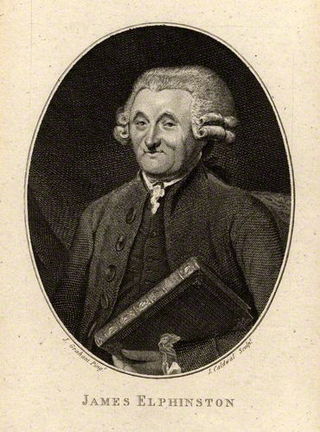
James Elphinston was a well noted 18th-century Scottish educator, orthographer, phonologist and linguistics expert.
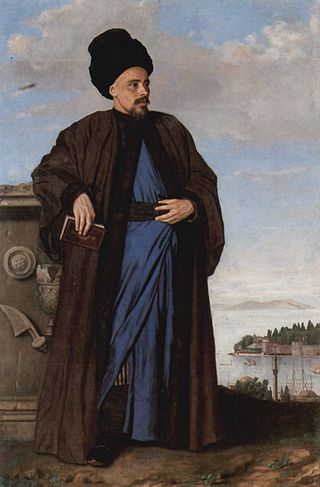
Richard Pococke was an English-born churchman, inveterate traveller and travel writer. He was the Bishop of Ossory (1756–65) and Meath (1765), both dioceses of the Church of Ireland. However, he is best known for his travel writings and diaries.

Nicolas Bouvier was a 20th-century Swiss traveller, writer, picture editor and photographer. He studied in Geneva in the 1950s and lived there later between his travels.
A Tour Thro' the Whole Island of Great Britain is an account of his travels by English author Daniel Defoe, first published in three volumes between 1724 and 1727. Other than Robinson Crusoe, Tour was Defoe's most popular and financially successful work during the eighteenth century. Pat Rogers notes that in Defoe's use of the "literary vehicle that could straddle the literal and the imaginative," "Nothing...anticipated Defoe's Tour". Thanks in part to his extensive travels and colourful background as a soldier, businessman, and spy, Defoe had "hit on the best blend of objective fact and personal commentary" in his descriptions of locations and trips around Britain.
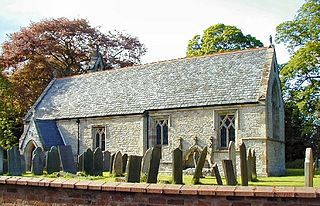
Costock is a village and civil parish in the Rushcliffe district of Nottinghamshire, England. The population of the civil parish at the 2011 Census was 621. It was estimated at 664 in 1998. Although in Nottinghamshire, Costock's closest town is Loughborough in Leicestershire.
Thomas Nugent was an erudite Irish historian and travel writer. Today he is known most of all for his travelogue of the Grand Tour, which was at that time popular particularly among English noblemen taking educational tours through Europe. His detailed descriptions of the France, Italy, Germany, and the Netherlands of the time provide a rich source for historians of the situation in the second half of the 18th century.

Carl Gottfried Woide, also known in England as Charles Godfrey Woide, was an Orientalist, a biblical scholar and a pastor.
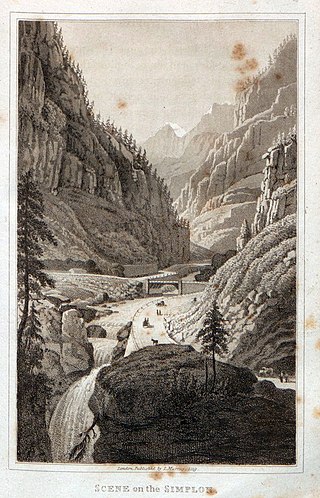
Marianne Baillie (1788–1831) was an English traveller, poet and author of the 19th century, who wrote four books, two being collections of verse, and the others being descriptions of her travels in Europe.

The Rev. Prebendary James Dallaway FSA was an English antiquary, topographer, and miscellaneous writer. He is known for his account of Constantinople and the Greek islands, published in 1797; and his county history of the western parts of Sussex, of which he published two volumes in 1815–19.
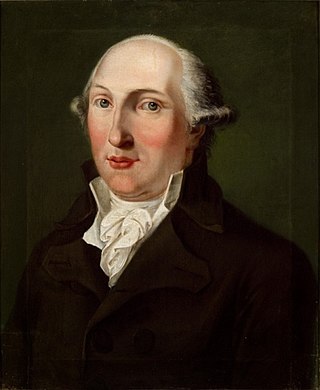
Friedrich Gedike was a German theologian, teacher and educational reformer of the late Age of Enlightenment. He was the recipient of the letters that made up the book by C. P. Moritz entitled Journeys of a German in England in 1782.
















